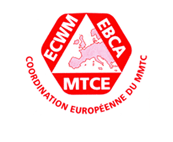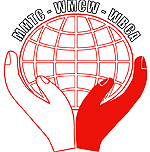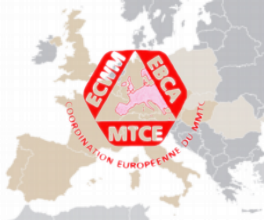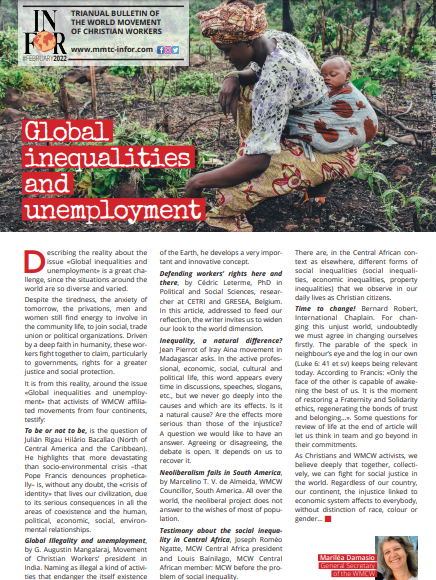- Details
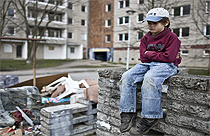
Poverty is on the increase in Europe, with almost one in five Europeans being affected. In Europe, poverty or the risk of poverty is always defined in relation to the average income of each country. Anyone having to live on less than 60% of the average income is defined as poor or in danger of falling into poverty. The proportion of the population that is defined as poor also says something about inequality in a country. According to Eurostat, the EU statistical body, at the end of 2008, across the EU, a total of 85 million people suffered from poverty, with regard to state transfer provisions, i.e. 17 % of all Europeans. Despite all the declarations about reducing poverty, the social differences have increased: in 2005 the percentage was 16% and, in 2000, was 15% in the EU 15.
The proportion of the borderline poor in children and young people below the age of 17 is higher than that of the total population; at the end of 2008 it was 20%. The highest proportions are to be found in Rumania (33 %), Bulgaria (26 %), Italy and Latvia (both 25 %), Spain (24 %), Greece, Portugal, Lithuania and Great Britain both 23 %) as well as Poland (22 %), plus the fact that older people are more in danger of falling into poverty than the population as a whole. At the end of 2008, 19 % of the over sixty-fives suffered from poverty.
The increase in precarious working relations and low wages has also raised the percentage of workers threatened by poverty. Across the EU, by the end of 2008, 8 % of the working population was in danger of falling into poverty, with the highest percentages being found in Rumania (17 %), Greece (14 %), Poland and Portugal (both 12 %), Spain and Latvia (both 11 %). Due to precarious and poorly-paid working relations and discrimination in terms of wages and pensions, women make up the largest group of people in danger of falling into poverty.
The social agenda of the European Commission for the period 2005-2010 declared 2010 to be the “European Year for Tackling Poverty and Social Marginalisation”, in order to support and underpin emphatically the political undertaking of the EU, which forms the basis of the Lisbon Strategy and to take steps to make a decisive contribution to tackling poverty. The “European Year for Tackling Poverty and Social Marginalisation” should make an essential contribution to draw attention to the problem of social marginalisation. In addition, the European Union is under an obligation to meet the UN’s millennium targets and enforce the resolution, with which the Second Decade of the United Nations for the Tackling of Poverty (2008-2017) was announced.
When tackling poverty and social marginalisation, the European Union takes many aspects into consideration. On the one hand, there are endangered population groups (children, women and the elderly), including people with disabilities, immigrants, families with a lot of children or single-parent families, the chronically ill or the homeless. On the other hand, preventing and tackling poverty and social marginalisation has to be allowed to influence all political areas, in order to ensure general access to public service provisions, high quality jobs with workers’ rights and an income that makes it possible to lead a humane life. Economic and social cohesion and the protection of basic human rights must take precedence, thereby promoting equality between economic, employment, social and environmental policy and a fair distribution of wealth and income
